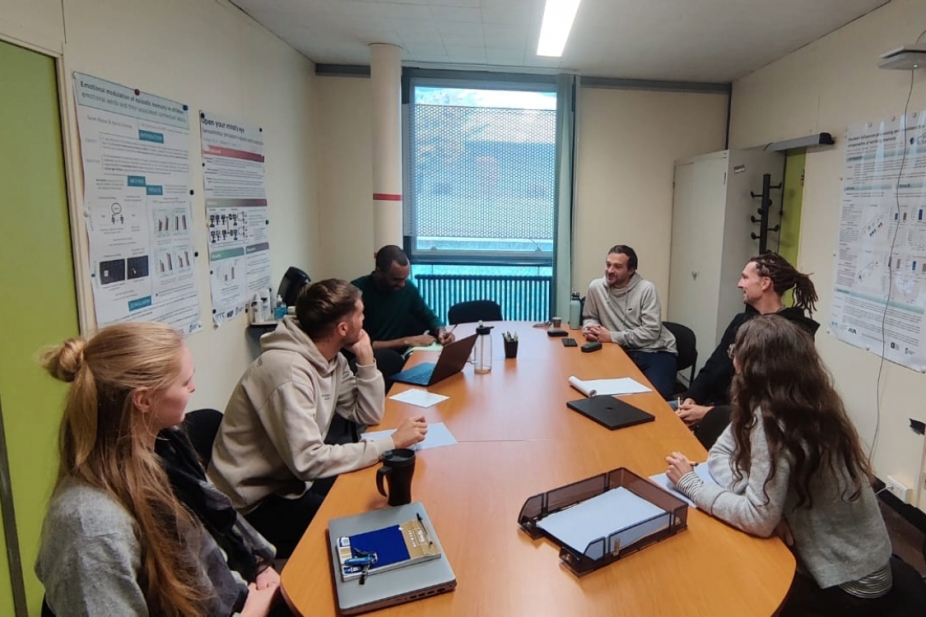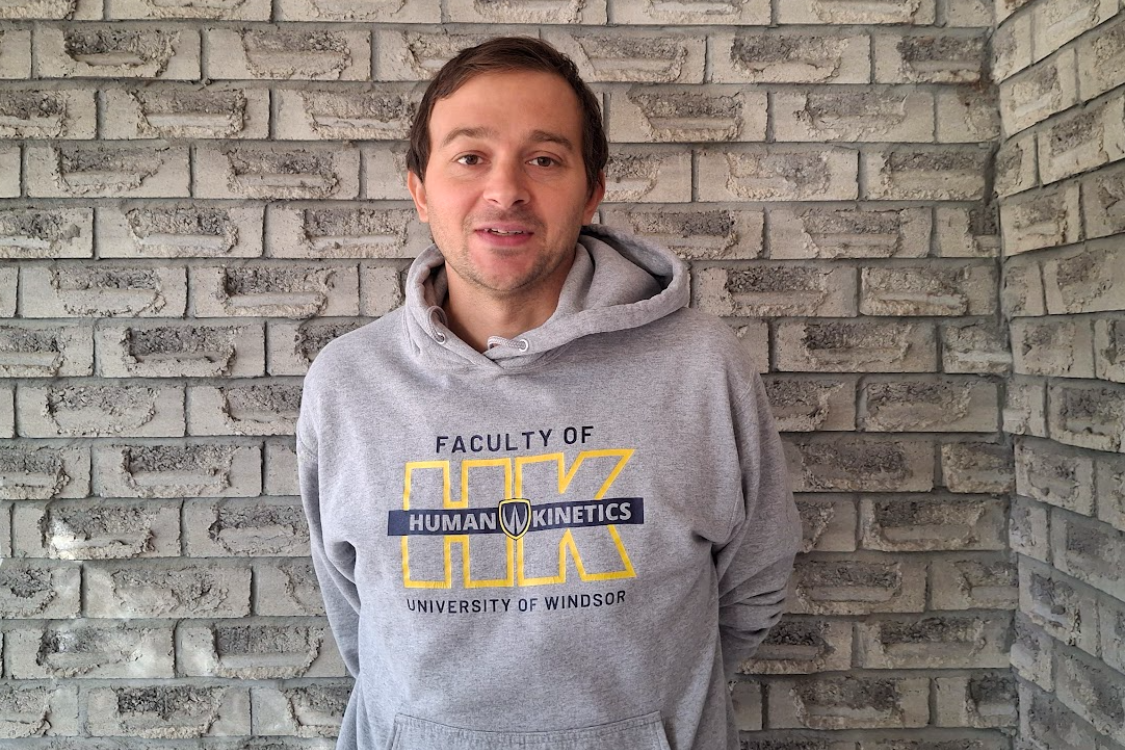
About Us
Who We Are
Strategic Overview
Reports & Newsletters
Diversity and Inclusion
Careers
Photo Gallery
Contact Us
Research
Research Ecosystem
Focused Areas
Funded Projects
Research Registry
Programs & Services
CANTRAIN
CITI Training
Core Facilities
Data Management
Grants Program
Health Research Conference
Research Navigation and Regulatory Assistance
Researcher Portal
Think Tanks
For Students
For Researchers
Community Engagement
Cheers to Hope
Strategic Alliance Network
LEARN Program
Participate in a Study
Resource Hubs
Education
Professional Development
Knowledge Translation
News & Events
WE-SPARK Events
Other Events
Past Events
In the News
Media Releases
Donate
Join Us




